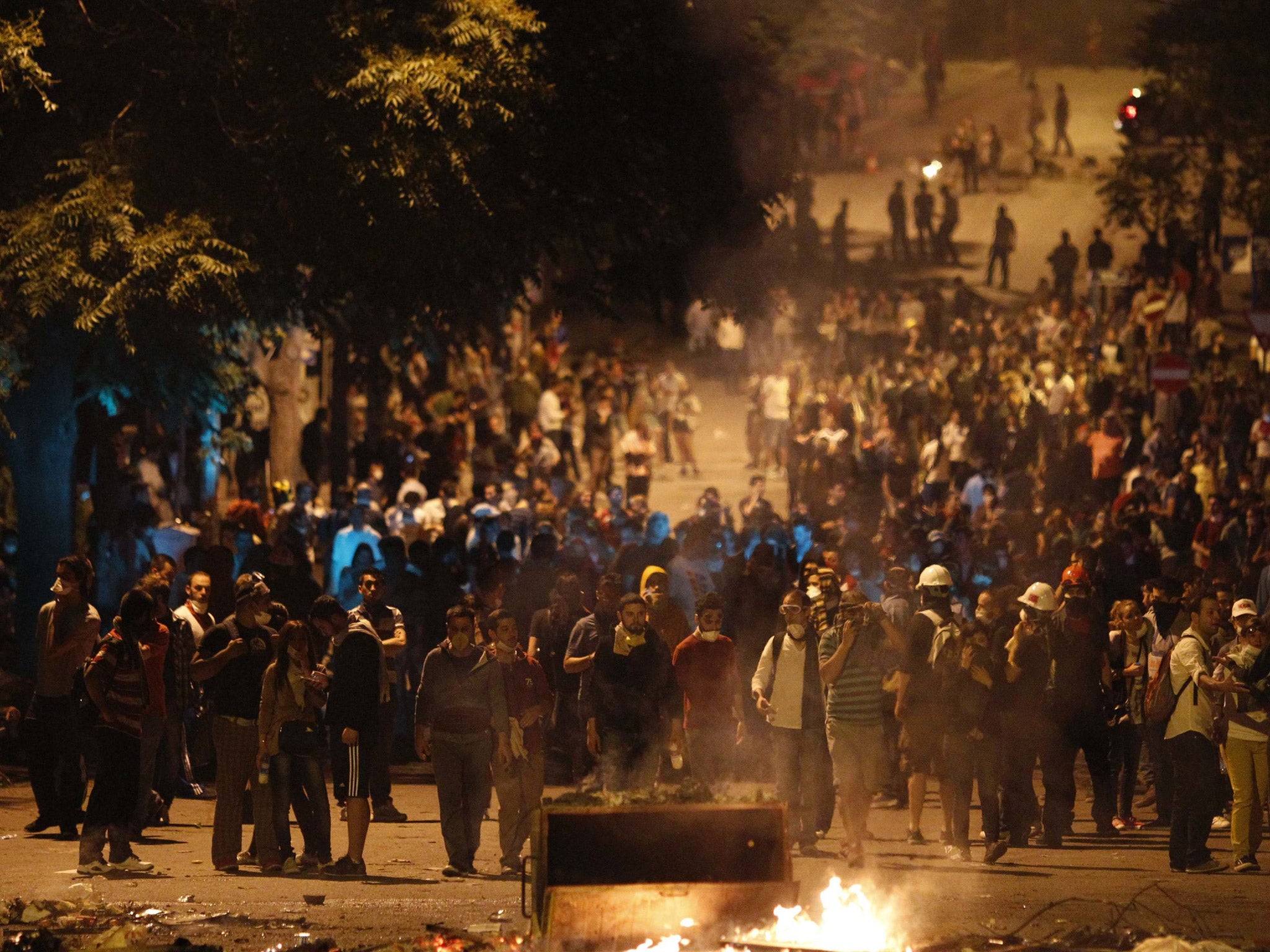Simon Calder: Turkey and Central Europe travel Q&A amid protests and flooding
Our Travel Editor at Large addresses holiday-makers' concerns over planned trips to these two destinations

The civil strife in Turkey has raised concerns among many holidaymakers planning summer trips to Turkey, especially to the largest city, Istanbul. In addition, the severe flooding in Central Europe is disrupting travel to and within key tourist destinations – particularly Prague. How concerned should you be – and what are your rights and options should you decide not to travel?
Q: What is the latest Foreign Office advice to prospective travellers to Turkey?
A: Basically the same as it has been for months: there are a few areas in the east and south east of Turkey that travellers are urged to avoid, particularly on the Syrian border, but those are not places that tourists would find themselves.
A news broadcast by the BBC at the weekend saying that the Foreign Office warns against “all but essential travel to Turkey” was wrong; see bit.ly/TurkFCO for the latest advice.
In the cities, the Foreign Office says “You should avoid all demonstrations and leave the area if one develops,” and advises that you “allow extra time for local travel, particularly airport transfers”.
Q: How does the situation compare with other countries such as Egypt which have seen similar unrest?
A: The pictures of Taksim Square in Istanbul have similarities with those of Tahrir Square in Cairo, but the conflicts are very different. This isn’t about overthrowing a dictatorship – the Justice and Development Party of the current prime minister, Mr Erdogan, received almost 50 per cent of votes at the most recent election, performing far better than any other party.
Even if the level of civil disruption were to get as intense as it did in Egypt, it is unlikely that the Foreign Office would do any more than it did in Egypt – which boiled down to: “If you’re in the big cities, get out – but if you’re in a coastal resort, stay put”. That proved to be shrewd advice in Egypt.
Were violence to flare in Turkish cities – particularly Istanbul, the capital Ankara, and the third city, Izmir – the FCO might well take a similar view.
Q: Suppose the Foreign Office were to warn against “All but essential travel” to Turkey’s biggest city, Istanbul - what would the legal implications be?
A: This is all strictly hypothetical. But were you to go to the city, your travel insurance will be invalidated. UK tour operators would be obliged to stop sending people there, and to bring back clients already in the area. The scheduled airlines, though, will keep flying – and there is no obligation for them to allow passengers cancellations. British Airways, however, has told The Independent that it will allow passengers booked to Istanbul to defer travel to the city until later this month.
Q: And if you’re simply unhappy about going to Turkey?
A: Around 2.5m British travellers are booked to go to Turkey this summer - some of whom will be thinking “I wasn’t expecting sun, sea and tear gas”. Bluntly, no holiday company will let you cancel without penalty. If the situation deteriorates, it’s possible that they may let you switch to a different holiday with the same company, but that’s a benefit that is entirely at the firm’s discretion.
Q: Switching to central Europe – with severe flooding in the Czech Republic, Austria and Germany, what’s the latest advice for travellers?
A: The Czech capital appears to be worst hit. The latest Foreign Office advice (at bit.ly/CzechFCO) says: “The Mayor of Prague advises against unnecessary travel to Prague until the State of Emergency is lifted. Disruption to water, gas and electricity services may occur in affected areas. Some tourist sights are not accessible, eg Charles Bridge. Vulnerable areas close to the river and hilly areas where there is a danger of landslip have been closed to the public.”
That does not seem appealing. If you are booked on a package holiday and your hotel is closed or inaccessible, then you should be able to cancel. But most people who go to the Czech capital book flights and hotels separately. The airport is on a hill, so flights will continue – but if you’ve decided against going on the reasonable grounds that you won’t enjoy the trip, you won’t get compensation.
However, The Independent has learned that British Airways is allowing passengers booked in the next few days to Prague, Munich, Salzburg and Vienna to defer travel free of charge to later in the month.
Subscribe to Independent Premium to bookmark this article
Want to bookmark your favourite articles and stories to read or reference later? Start your Independent Premium subscription today.

Join our commenting forum
Join thought-provoking conversations, follow other Independent readers and see their replies